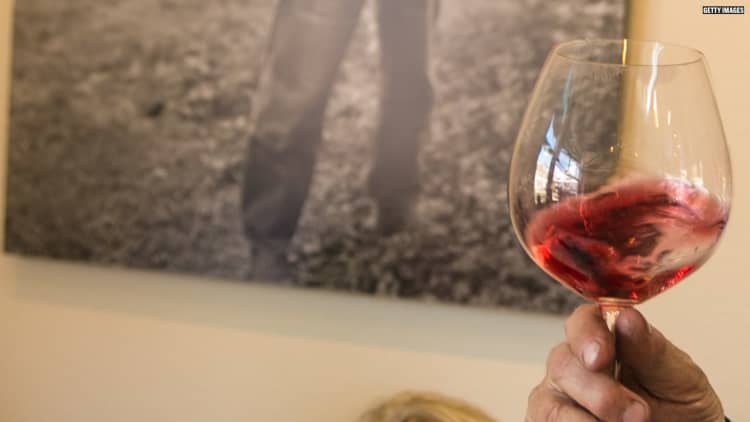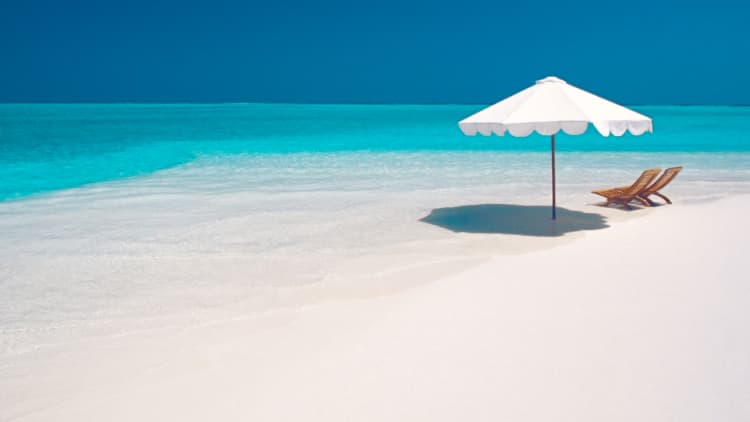Europeans have a reputation for taking extra long holidays during summer.
In Norway, the term "fellesferie" refers to two or three weeks of vacation time workers collectively take in July — leaving businesses closed or operating on summer hours.
In the Netherlands, employees in the building industry take construction holidays called "bouwvak" for several weeks.
And until two years ago in France, a law required Parisian bakers to stagger their summer vacation time so enough bakeries stayed open for customers during the holidays.
It's an envious concept to many Americans — the United States is the only country in the Organization for Economic Co-operation and Development that does not mandate paid vacation. Research shows many Americans who receive paid time off are afraid to take it because of workplace pressures. But it turns out the European vacation mindset could actually help boost productivity.
The European Union's Working Time Directive guarantees EU workers at least 20 paid vacation days per year, contrary to the United States, which does not have a statutory minimum annual leave requirement. Some European countries mandate additional time off: The U.K., France, Austria, Denmark, Finland, Luxembourg and Sweden all require 25 or more paid annual leave days, according to the OECD.
Data show more time off doesn't have to translate into lower productivity. Nine of the top 10 most productive countries in the OECD in 2015, measured by GDP per hour worked, were in Europe. The United States ranked sixth.
Katie Denis, VP and lead researcher at Project: Time Off, a research group funded by the U.S. Travel Association, has studied the effects of vacation on the workplace for several years.
"The idea that we're sacrificing this time off to get ahead, we're not actually finding that's true," Denis said.
A 2016 report from the project found workers who took 11 or more vacation days were more likely to have received a raise or a bonus in the previous three years than workers who took 10 or fewer days.
Get inspired on your break
Time away from the office can also spark creativity. The ideas for major businesses, like Instagram, or the musical "Hamilton," were inspired on vacation.
"The productivity, creativity, bringing new ideas forward isn't the person who's working crazy hours," Denis said. "It's someone who's getting outside of their day-to-day."
Studies also find health benefits from taking vacation time, like lower stress, better mental health and even less likelihood of a heart attack.
"Vacations are important because they not only replenish the mind, they also reduce the physical effects of stress on the body," said Kathleen Potempa, a professor at the University of Michigan School of Nursing.

Workload stress is a top barrier to taking vacation, according to Project: Time Off's 2017 State of American Vacation report. The survey of more than 7,000 Americans found 43 percent of workers did not take time off because they feared returning to a mountain of work. Cost was also a factor, with 32 percent saying they cannot financially afford a vacation.
But experts say short and frequent breaks away from the office can still have a big impact on productivity. Many studies recommend taking vacation twice a year to improve health benefits, Potempa said.
Potempa added that it's important for workers to unplug from work when they're on vacation. A June survey from The Associated Press-NORC Center for Public Affairs research found one-third of Americans work or check in with work on vacation.
"The most important thing is that it becomes regular and you don't start skipping," she said. "The major negative effects have been shown for people who don't take vacation for several years."



